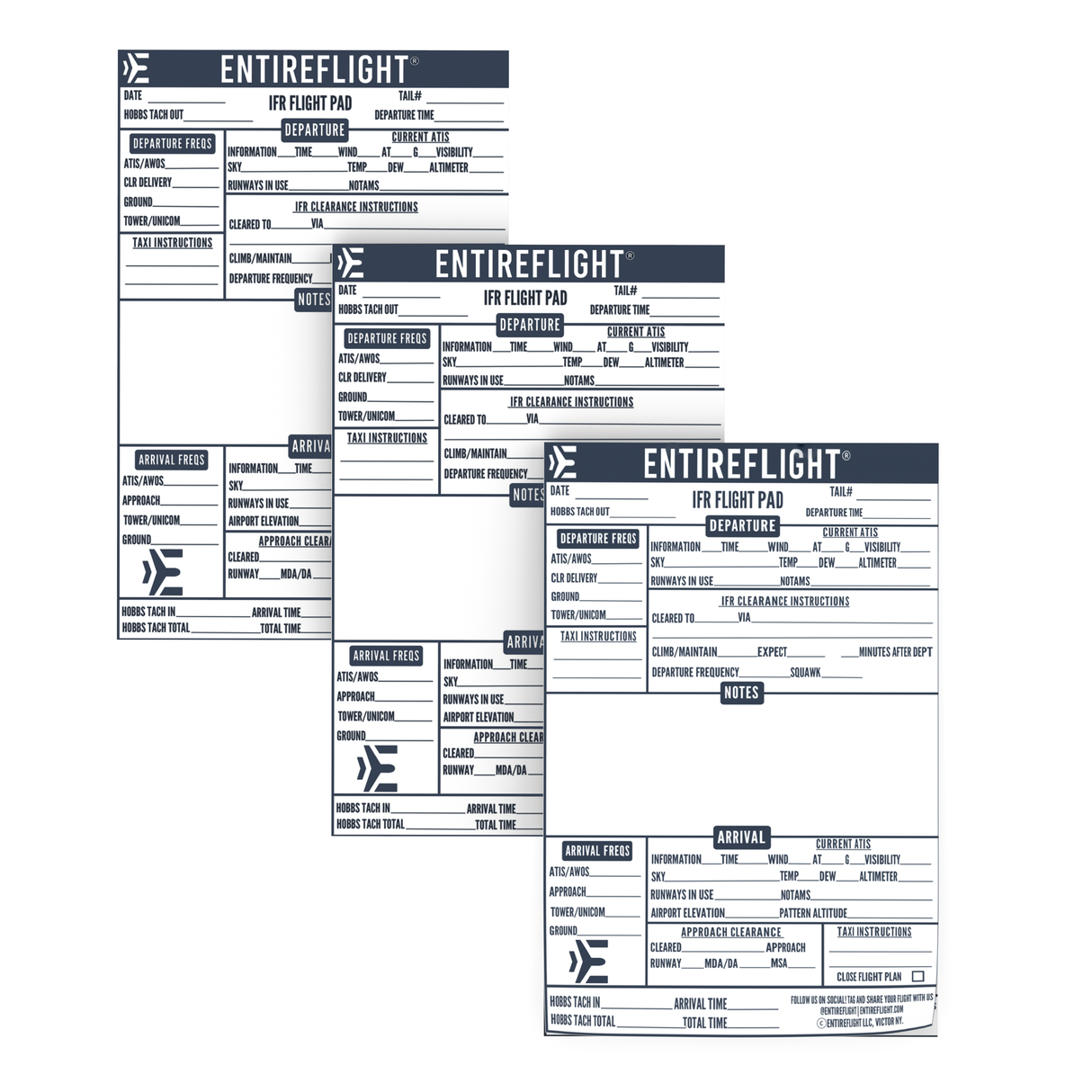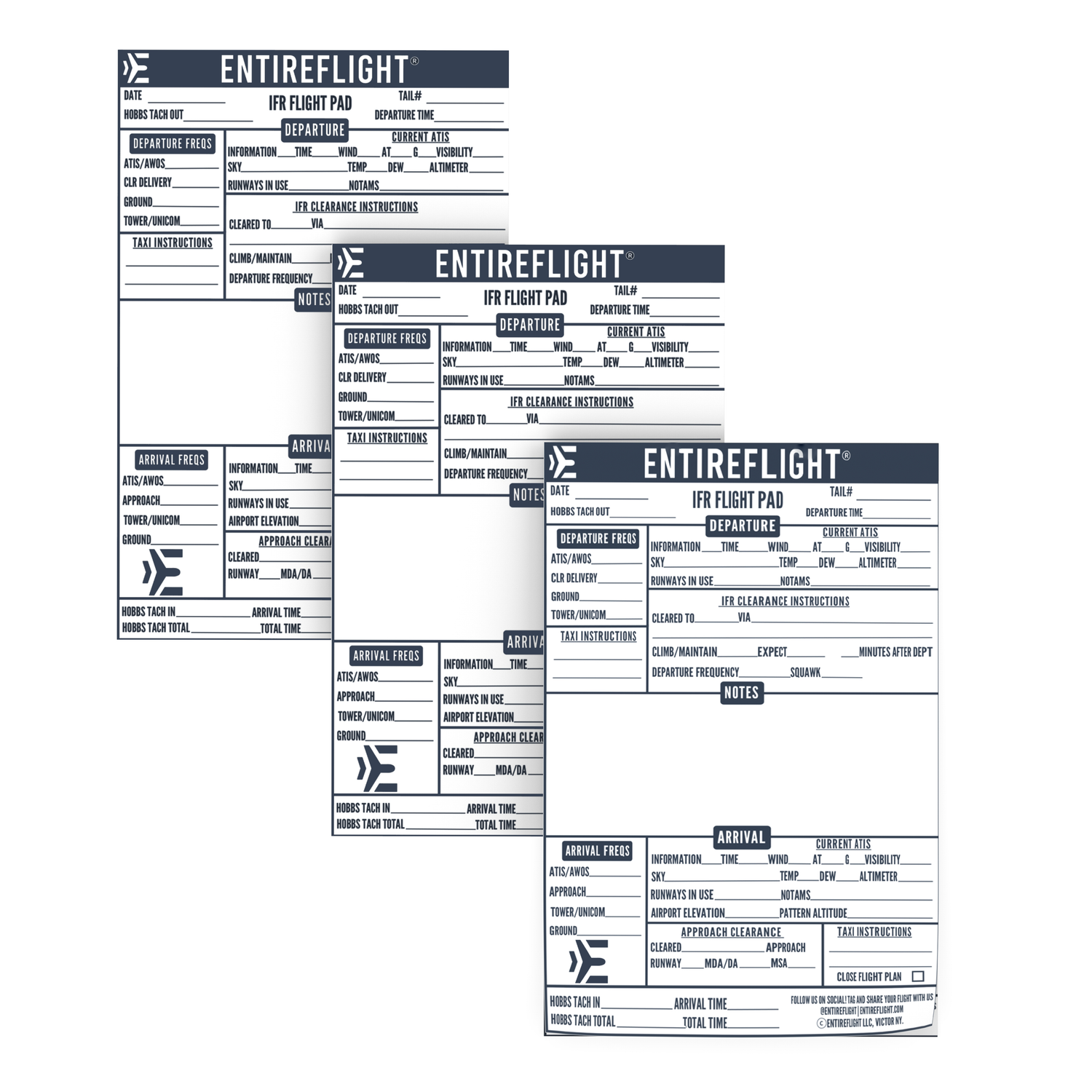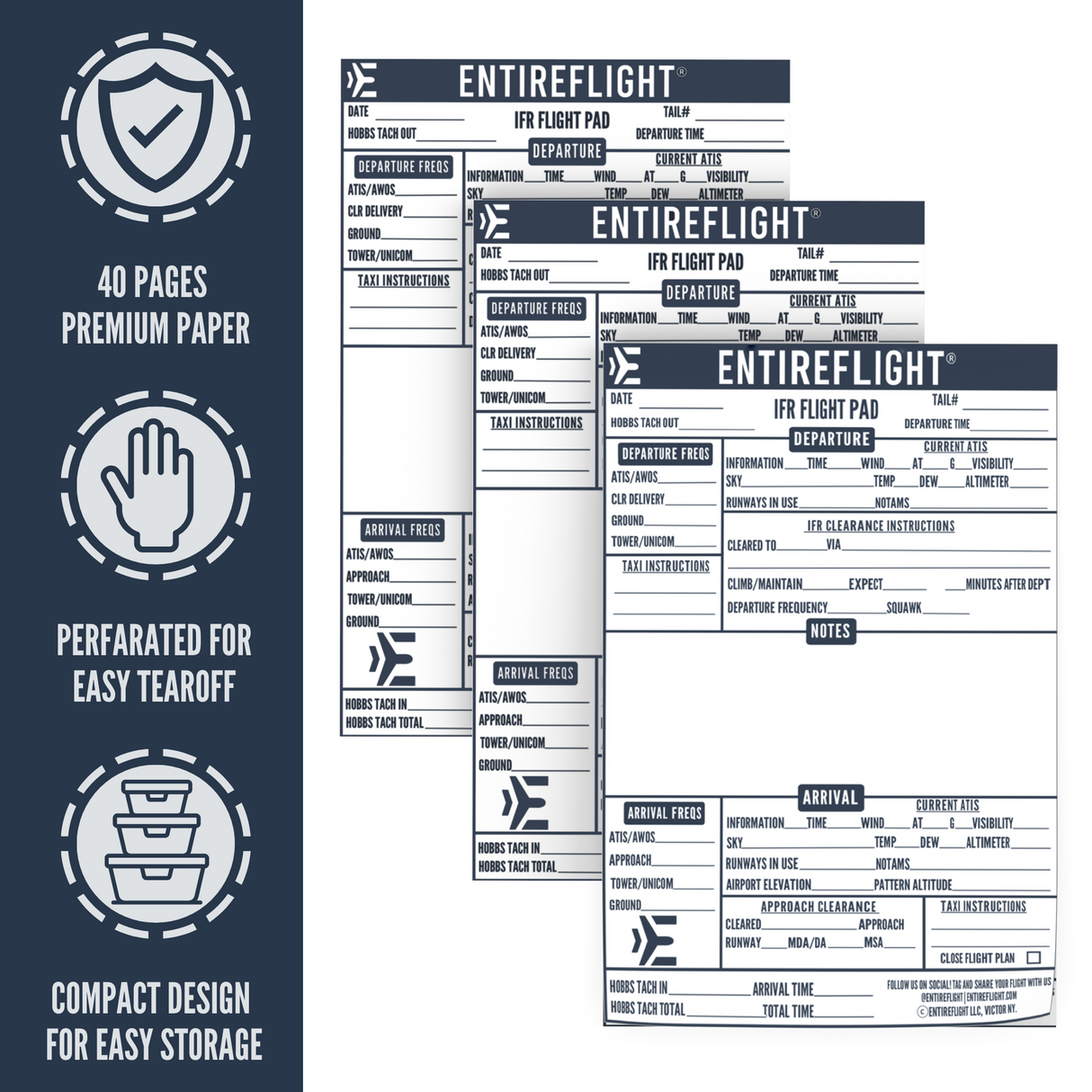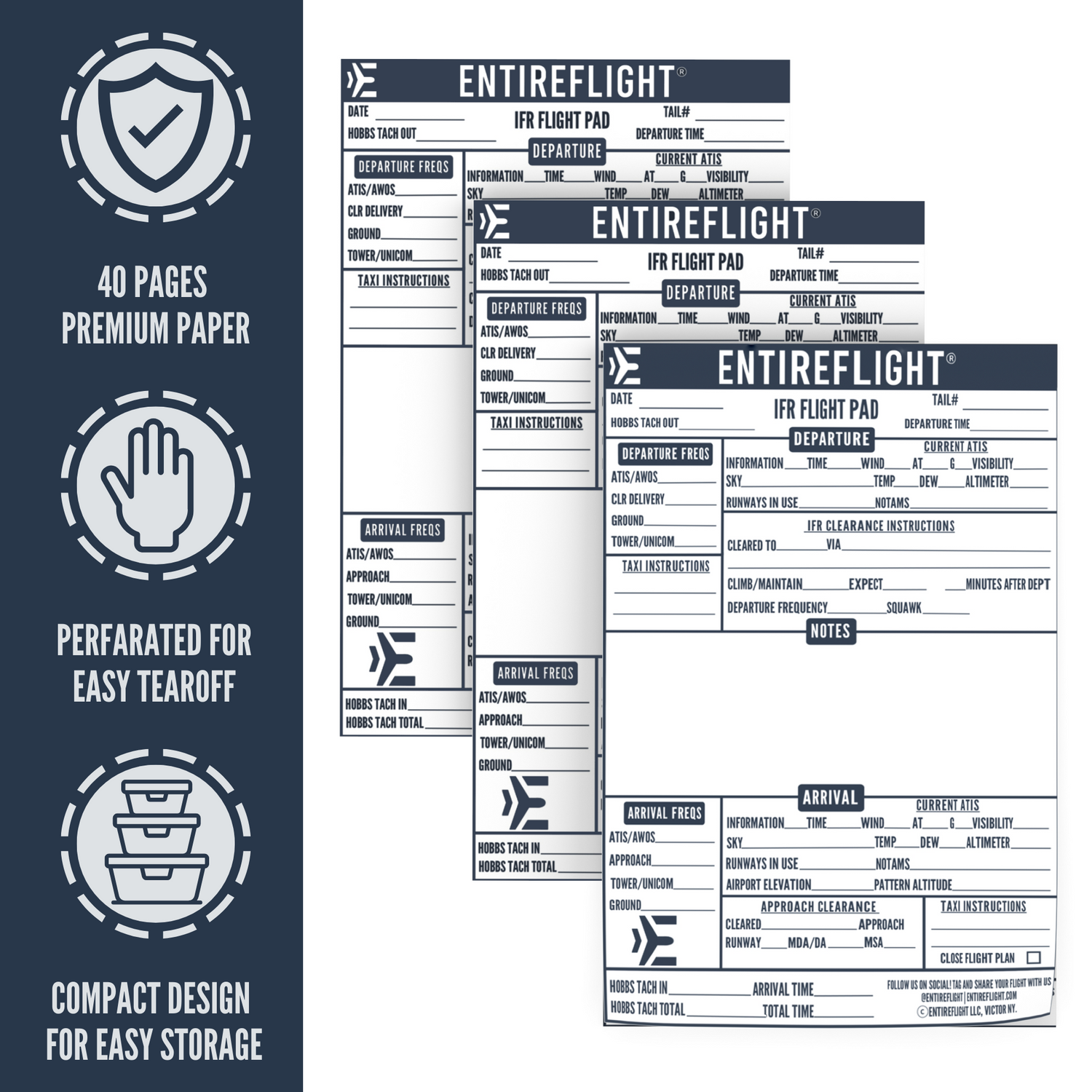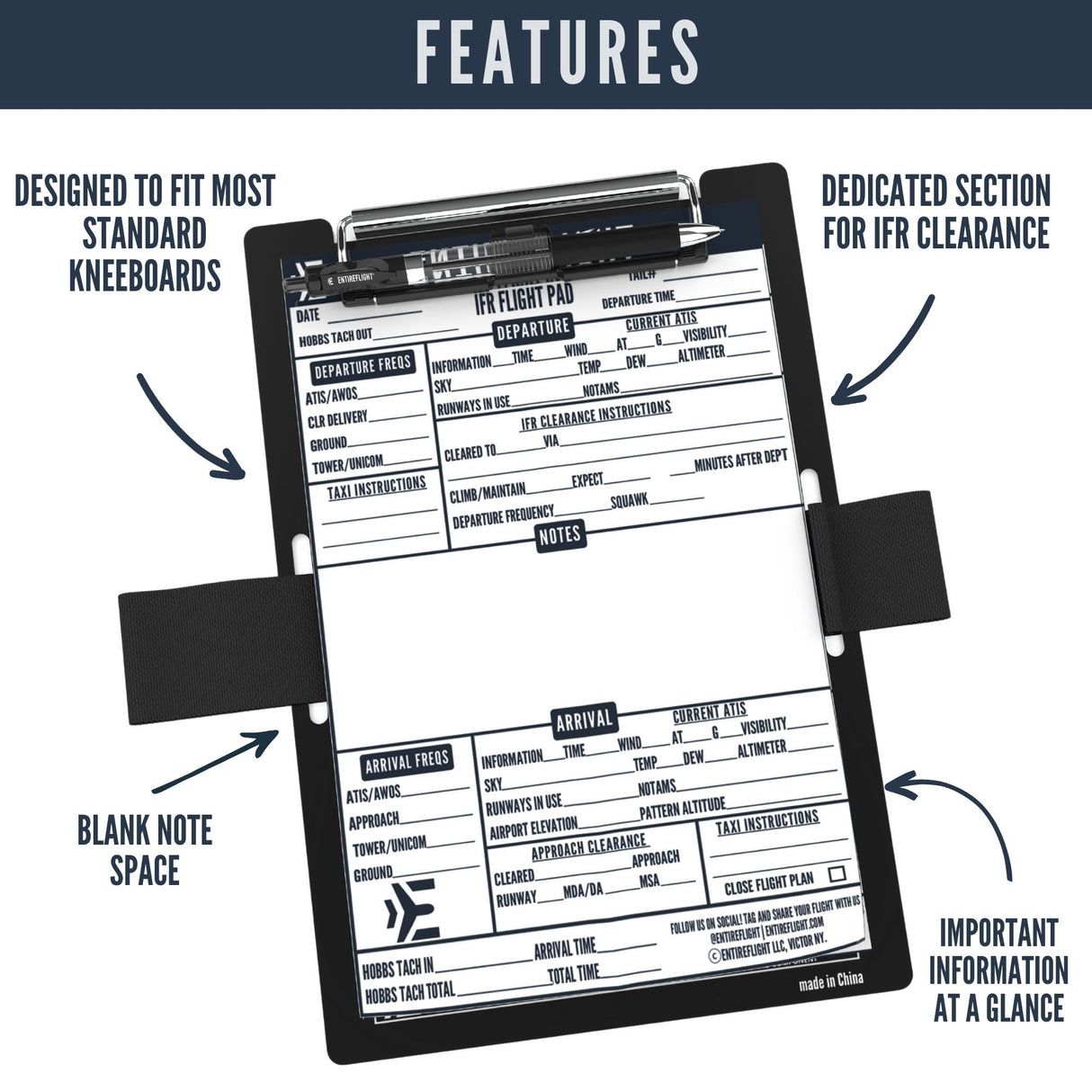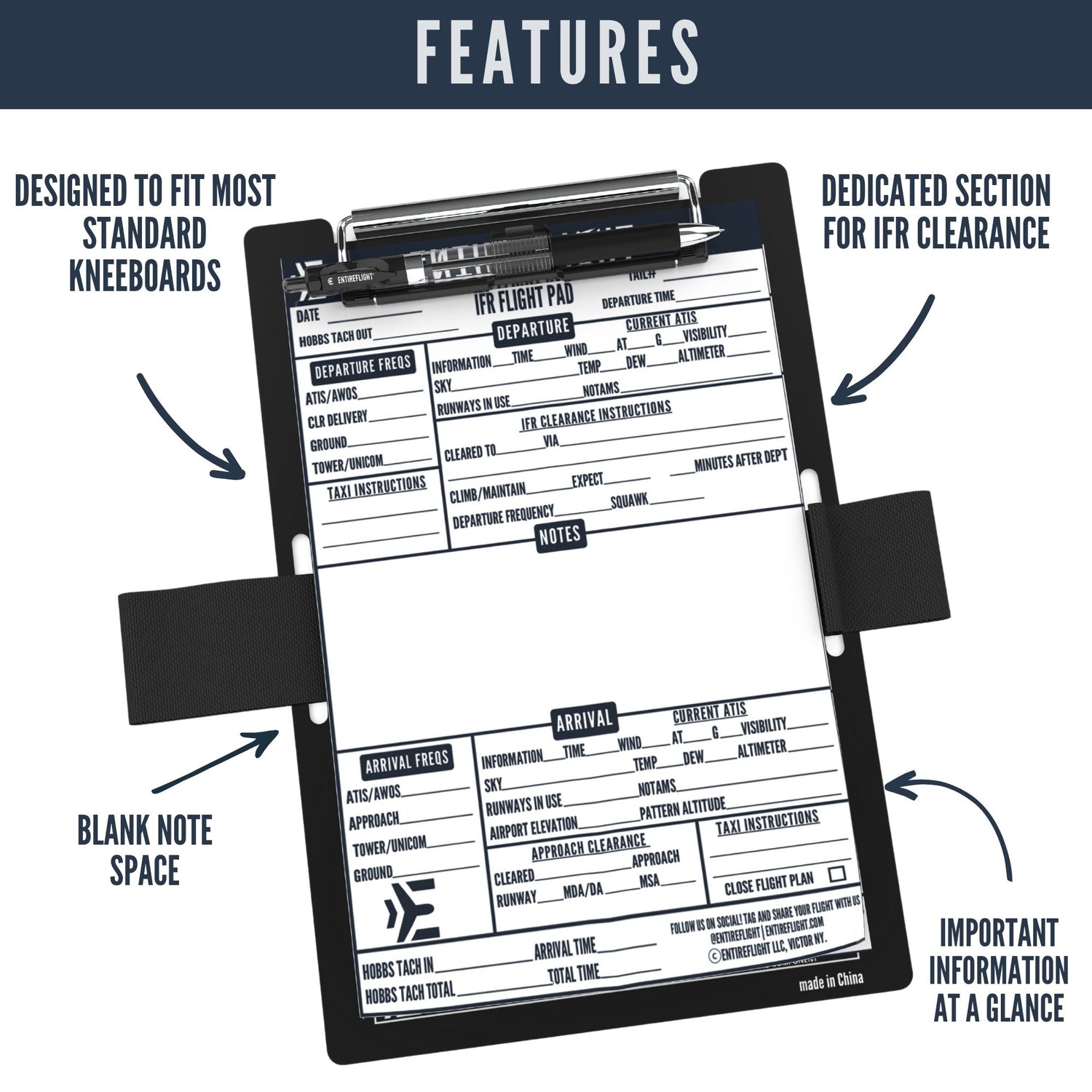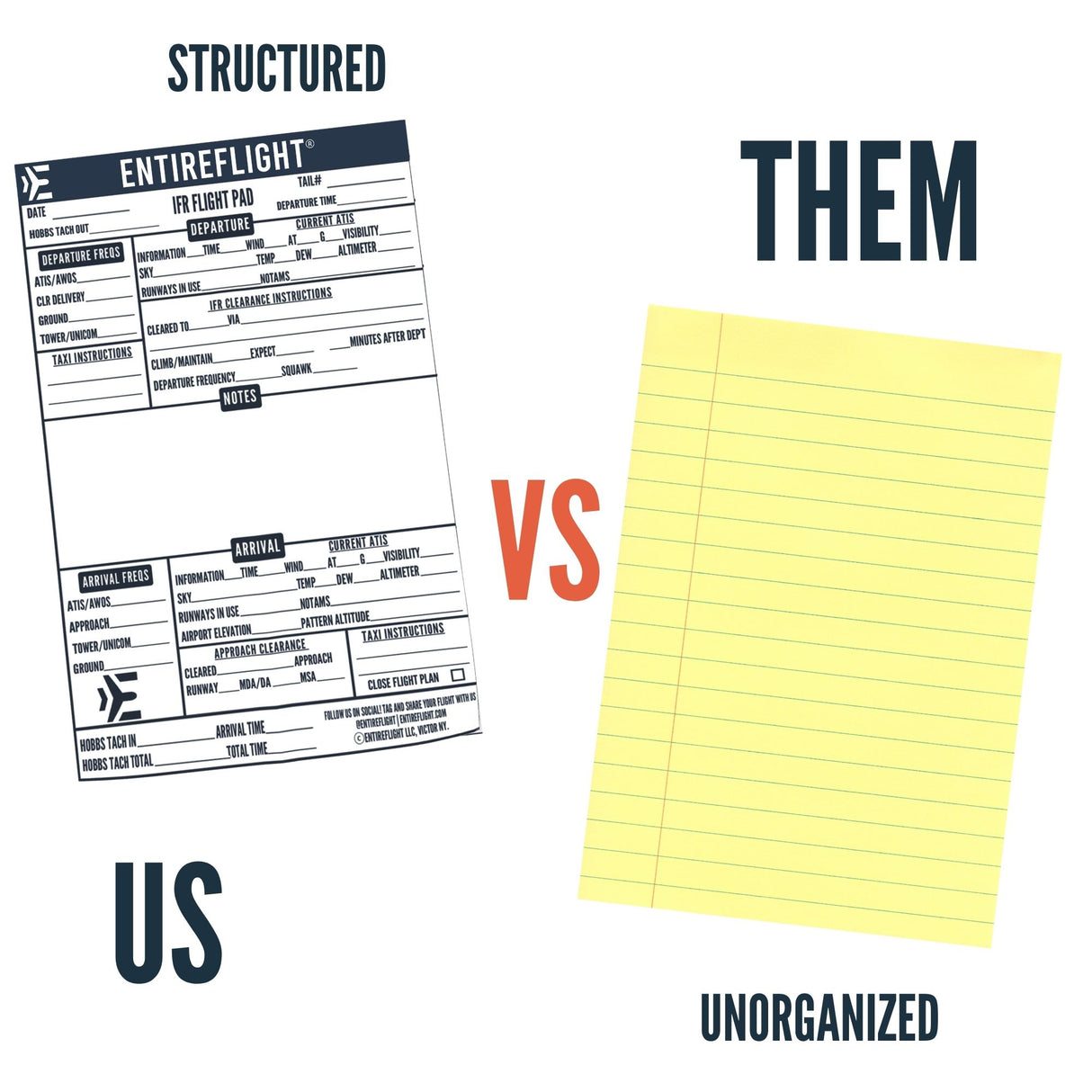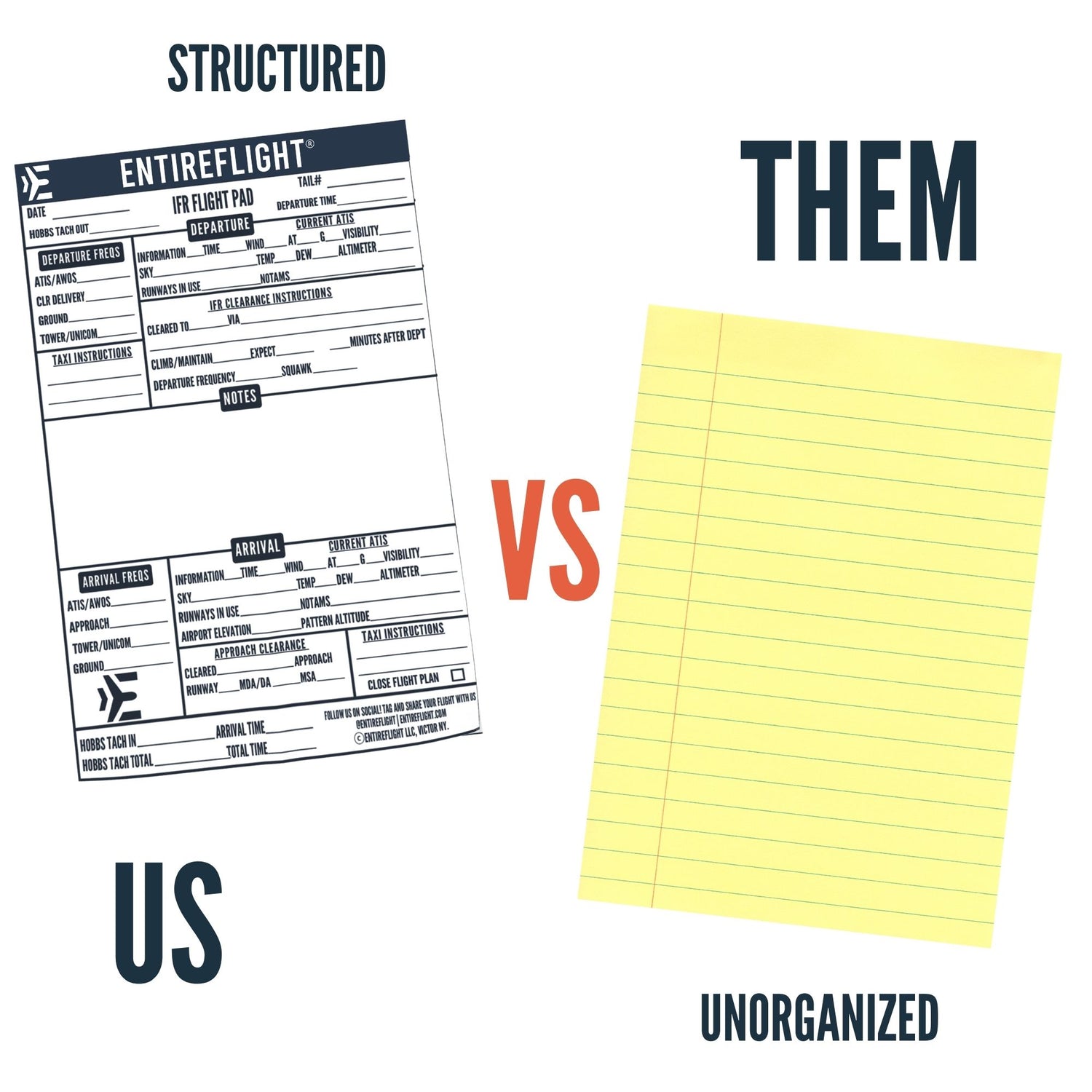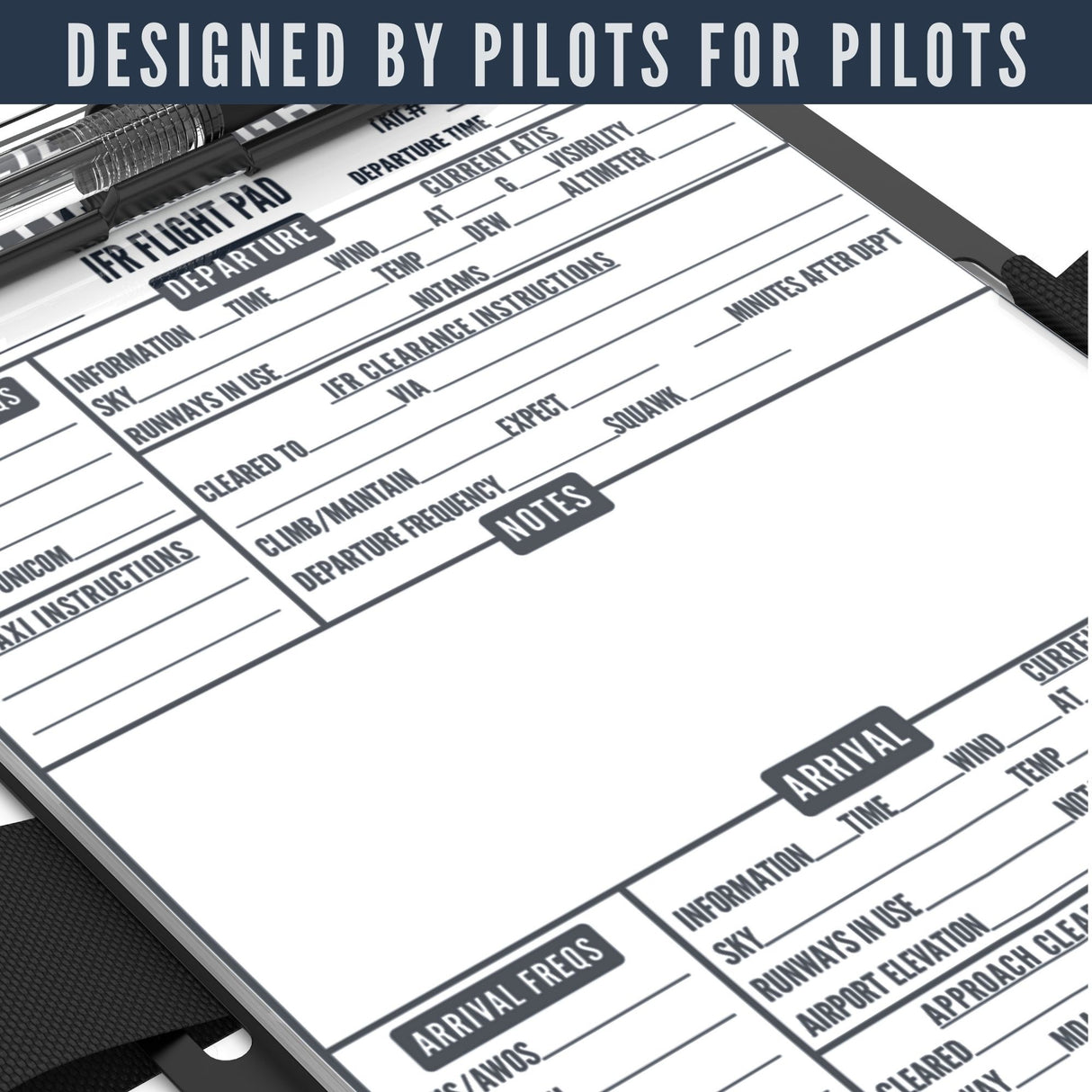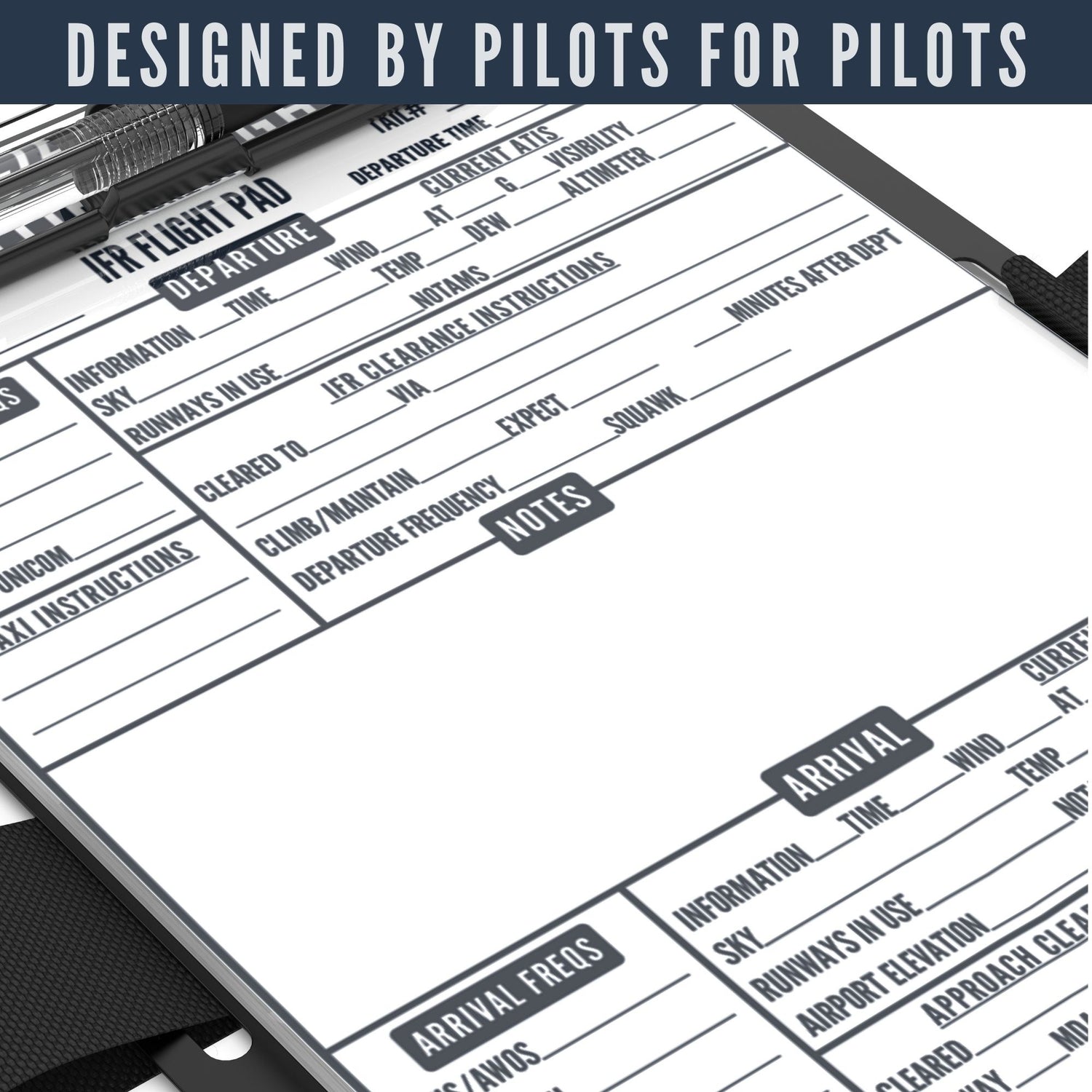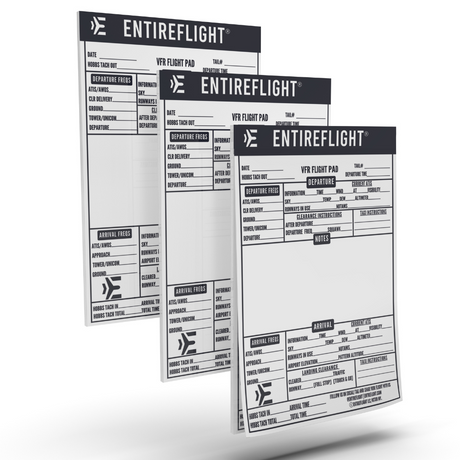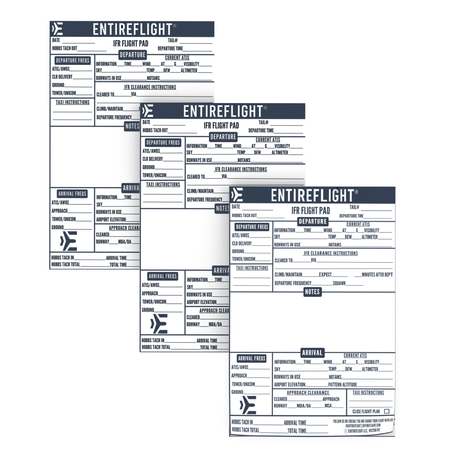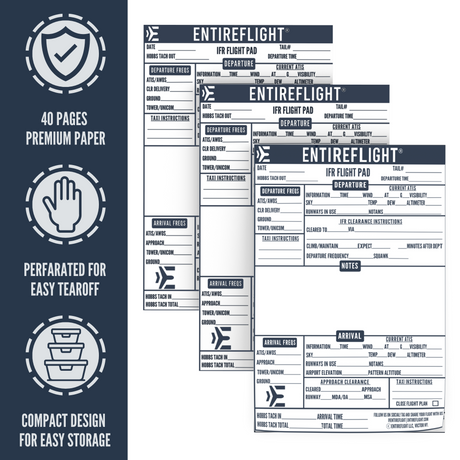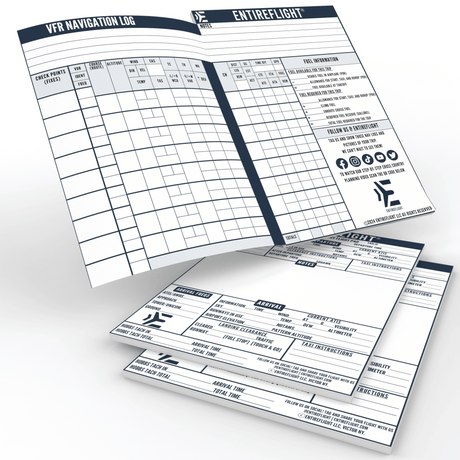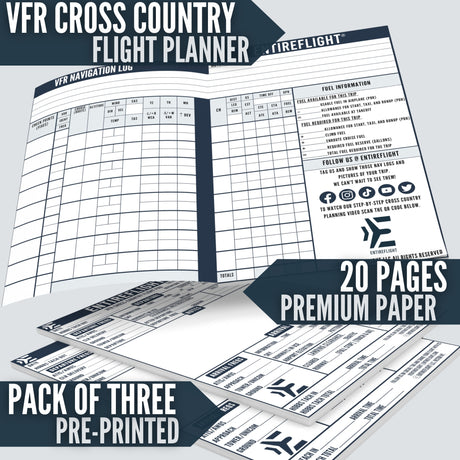Becoming a pilot is an exciting and rewarding career choice that offers a range of benefits. From the thrill of flying to the opportunity to travel the world, there are many reasons why you should consider becoming a pilot.
Firstly, as a pilot, you'll have the opportunity to travel to different parts of the world and experience new cultures. You'll get to see the world from a unique perspective and visit places that many people only dream of. Additionally, you'll have the chance to meet new people and make lifelong connections.
Secondly, flying is an exhilarating experience that provides a sense of freedom and adventure. As a pilot, you'll be in control of a powerful machine and have the ability to soar through the skies. Whether you're flying a small plane or a commercial airliner, the feeling of taking off and landing is truly unforgettable.
The Thrill of Flying
Flying is an exciting and unique experience that offers a thrill like no other. As a pilot, you get to experience the world from a whole new perspective, soaring high above the ground and seeing things from a sky perspective.
The Sky Perspective
When you're flying, you get a unique view of the world that you can't get from the ground. You can see the curvature of the earth, the patterns of clouds, and the beauty of the landscape from above. It's a perspective that few people get to experience, and it's one of the reasons why flying is so exciting.
Excitement of Takeoff and Landing
One of the most exciting parts of flying is the takeoff and landing. The rush of acceleration as the plane takes off and the feeling of weightlessness as you leave the ground is an experience like no other. Similarly, the anticipation and excitement of landing, as you approach the runway and touch down, is a feeling that is hard to describe.
Unique Views
As a pilot, you get to see the world from a unique perspective. You can fly over mountains, oceans, and cities, seeing them in a way that few people get to experience. You can also fly at different times of the day, experiencing the beauty of sunrise and sunset from above.
Flying is an exciting and rewarding experience that offers a thrill like no other. If you're looking for a new adventure and a chance to see the world from a different perspective, becoming a pilot might be the right choice for you.
Career Opportunities
If you are considering a career as a pilot, you will be pleased to know that there are many career opportunities available to you. Here are some of the most popular career paths for pilots.
Commercial Pilot
As a commercial pilot, you will have the opportunity to fly for a variety of different companies and organizations. You may fly for a small regional airline, a large international airline, or a private company. Commercial pilots typically have a lot of experience and training, and they are responsible for transporting passengers and cargo safely and efficiently.
Airline Pilot
Airline pilots are a type of commercial pilot who work specifically for airlines. They are responsible for flying passengers and cargo to destinations all around the world. Airline pilots typically have a lot of experience and training, and they are responsible for ensuring that their flights are safe, comfortable, and on-time.
Private Pilot
Private pilots fly for their own personal enjoyment, or for the enjoyment of friends and family. They may own their own aircraft, or they may rent one from a private company. Private pilots typically have less experience and training than commercial pilots, but they still need to be licensed and certified to fly.
No matter which type of pilot you choose to become, there are many career opportunities available to you. Whether you are interested in flying for a commercial airline, a private company, or just for fun, becoming a pilot can be a rewarding and exciting career choice.
Benefits and Perks
As a pilot, you will enjoy many benefits and perks, including travel benefits, a flexible schedule, and health perks.
Travel Benefits
One of the biggest perks of being a pilot is the ability to travel the world. As a pilot, you will have the opportunity to visit new and exciting destinations, experience different cultures, and meet new people. You will also have access to discounted or free travel for you and your family, making it easier to plan your next vacation.
Flexible Schedule
Pilots enjoy a flexible schedule, which allows them to balance work and personal life. You will have the ability to choose your own schedule, including the days and times you work. This means you can take time off for important events or spend more time with your family.
Health Perks
Pilots also enjoy many health benefits, including access to medical and dental insurance, as well as retirement plans. You will also receive regular medical check-ups to ensure that you are fit to fly, which can help you maintain good health.
In addition to these benefits, pilots also enjoy competitive pay, generous vacation time, and travel discounts. If you are looking for a career that offers a great work-life balance, travel opportunities, and excellent benefits, then becoming a pilot may be the right choice for you.
Financial Rewards
As a pilot, you can expect to receive a generous salary and enjoy a high degree of job satisfaction. Let's take a closer look at the financial rewards of becoming a pilot.
Pilot Salary
One of the most appealing aspects of becoming a pilot is the potential for a high salary. According to the Bureau of Labor Statistics, the median annual wage for airline and commercial pilots was $147,220 in May 2020. However, this figure can vary widely depending on factors such as experience, type of aircraft flown, and employer.
In addition to a high base salary, pilots may also receive bonuses and other forms of compensation. For example, some airlines offer profit-sharing plans, retirement benefits, and travel perks. Overall, becoming a pilot can be a financially rewarding career choice.
Job Satisfaction
Beyond the financial rewards, many pilots find their work to be highly rewarding and fulfilling. Pilots have the opportunity to travel the world, meet new people, and experience different cultures. They also play a critical role in ensuring the safety and comfort of their passengers.
Furthermore, pilots are often highly respected members of their communities. They are viewed as skilled professionals who are responsible for transporting people and goods safely and efficiently. For many pilots, the sense of pride and accomplishment that comes with their work is just as rewarding as the financial compensation.
In summary, becoming a pilot offers both financial rewards and job satisfaction. With a high salary and the opportunity to travel the world, it's no wonder that many people are drawn to this exciting career path.
Learning and Personal Growth
As a pilot, you will constantly be learning and growing both personally and professionally. Here are some of the ways that becoming a pilot can help you develop your skills and knowledge:
Aviation Education
One of the most obvious benefits of becoming a pilot is the opportunity to gain a deep understanding of aviation. You will learn about the physics of flight, navigation, weather patterns, and more. This knowledge will not only help you become a better pilot, but it will also give you a greater appreciation for the science behind aviation.
Decision Making Skills
As a pilot, you will be responsible for making critical decisions that can impact the safety of your crew and passengers. This requires a high level of decision-making skills, which you will develop through your training and experience. You will learn how to assess risks, make quick decisions under pressure, and communicate effectively with your team.
Resource Management
In addition to decision-making skills, pilots must also be skilled in resource management. This includes managing fuel, time, and equipment to ensure that flights are safe and efficient. You will learn how to prioritize tasks, manage your workload, and work effectively with your team to achieve your goals.
Overall, becoming a pilot is an excellent way to develop your skills and knowledge in a variety of areas. Whether you are interested in aviation, personal growth, or professional development, becoming a pilot can help you achieve your goals.
The Aviation Community
As a pilot, you will become a part of the aviation community, a group of individuals who share a passion for flying and a love for the skies. This community offers many benefits, including the opportunity to meet new people and build professional networks.
Meeting New People
One of the most significant benefits of becoming a pilot is the chance to meet new people. Whether it's fellow pilots or passengers, you will have the opportunity to interact with people from all walks of life. You will get to know your fellow pilots, share stories and experiences, and learn from one another. Additionally, as you travel to different destinations, you will meet new people, learn about their cultures, and make new friends.
Professional Networking
Another benefit of being part of the aviation community is the opportunity to build professional networks. As a professional pilot, you will have the chance to meet and interact with other professionals in the aviation industry, including air traffic controllers, airport staff, and aircraft maintenance personnel. These connections can be valuable in your career, as they can lead to new job opportunities, mentorship, and professional growth.
In conclusion, being part of the aviation community offers many benefits, including the chance to meet new people and build professional networks. As a pilot, you will be part of a group of individuals who share your passion for flying, and you will have the opportunity to learn from and interact with them.
Challenges and Overcoming Them
Becoming a pilot is not an easy task, and there will be challenges that you will face along the way. However, with the right mindset and training, you can overcome these challenges and become a successful pilot.
Weather Challenges
One of the biggest challenges that pilots face is dealing with weather conditions. As a pilot, you will need to be able to navigate through different types of weather, including rain, snow, and fog. You will also need to be able to deal with turbulence and other weather-related issues that can arise during flights.
To overcome these challenges, you will need to have a good understanding of weather patterns and how they can affect your flight. You will also need to be able to make quick decisions and adjust your flight plan accordingly. With the right training and experience, you can become proficient in dealing with weather challenges.
Test Flights
Another challenge that pilots face is the need to conduct test flights. Test flights are an essential part of the pilot's job, as they help to ensure that the aircraft is operating correctly and safely. However, test flights can be dangerous, and pilots need to be prepared for any eventuality.
To overcome this challenge, you will need to have the right training and experience. You will also need to be able to stay calm under pressure and make quick decisions if something goes wrong. With the right mindset and training, you can become proficient in conducting test flights and ensuring that the aircraft is safe to fly.
Challenging yourself is an essential part of becoming a pilot. By pushing yourself to overcome these challenges, you will become a better pilot and be able to handle any situation that comes your way. With the right training and experience, you can become a successful pilot and enjoy a rewarding career in aviation.
The Joy of Sharing
Flying a plane is an incredible experience that can be shared with others. Whether it's with family and friends or inspiring passengers, the joy of sharing your passion for flying can be truly rewarding.
Flying with Family and Friends
One of the greatest joys of becoming a pilot is being able to share your love of flying with those closest to you. Imagine taking your family and friends on a scenic flight over a beautiful landscape, or even just flying them to a nearby city for a weekend getaway. The memories you create will last a lifetime, and the experience of flying with loved ones can strengthen your relationships.
Inspiring Passengers
As a pilot, you have the opportunity to inspire and amaze your passengers with the wonder of flight. For many people, flying is a rare and exciting experience, and as a pilot, you can make it even more special. From the thrill of takeoff to the serene beauty of cruising at altitude, your passengers will be able to see the world from a new perspective. And who knows, you may even inspire someone to become a pilot themselves!
Flying is a unique and exhilarating experience that can be shared with others. Whether you're flying with family and friends or inspiring passengers, the joy of sharing your passion for flying is one of the many reasons why becoming a pilot is so rewarding.
Respect for the World
As a pilot, you gain a unique perspective on the world that few other professions offer. You see the world from a bird's eye view and gain a deep appreciation for the beauty and fragility of our planet. This perspective can instill a sense of responsibility and respect for the world that can translate into actions both in and out of the cockpit.
Environmental Responsibility
As a pilot, you have a responsibility to minimize your impact on the environment. Airlines are making strides in reducing their carbon footprint by using more fuel-efficient aircraft and implementing sustainable practices. As a pilot, you can also do your part by flying more efficiently, reducing unnecessary weight, and minimizing idling time on the ground. By being mindful of your impact on the environment, you can help preserve the beauty of the world you love to fly over.
Global Perspective
Flying to different parts of the world exposes you to different cultures, languages, and ways of life. This exposure can broaden your perspective and help you appreciate the diversity of the world. As a pilot, you have the opportunity to connect people and places, and to bridge cultural divides. By doing so, you can help promote understanding and respect for people from all walks of life.
In conclusion, becoming a pilot can instill a sense of responsibility and respect for the world. By being mindful of your impact on the environment and embracing a global perspective, you can help make the world a better place.
Conclusion
Becoming a pilot is a dream for many people, and for good reason. Here are the 12 most popular reasons why people consider pursuing this exciting career:
- High demand: The aviation industry is growing rapidly, and there is a high demand for qualified pilots.
- Job security: Once you become a pilot, you can enjoy job security and stability.
- Competitive salary: Pilots earn a competitive salary, and the more experience you have, the higher your earning potential.
- Travel opportunities: As a pilot, you will have the opportunity to travel to different parts of the world and experience new cultures.
- Flexibility: Pilots enjoy a flexible schedule, which allows for a good work-life balance.
- Challenging work: Flying a plane is a challenging and rewarding job that requires a high level of skill and attention to detail.
- Exciting experiences: Pilots get to experience the thrill of flying and see breathtaking views from the cockpit.
- Personal growth: Becoming a pilot requires a lot of training and hard work, which can help you grow both personally and professionally.
- Teamwork: Pilots work closely with other crew members to ensure a safe and successful flight.
- Responsibility: As a pilot, you are responsible for the safety of your passengers and crew, which requires a high level of responsibility and accountability.
- Technology: Pilots get to work with some of the most advanced technology in the world, making this a great career choice for tech enthusiasts.
- Prestige: Being a pilot is a prestigious profession that is highly respected by others.
In conclusion, becoming a pilot is a great career choice for those who are passionate about flying and looking for an exciting and rewarding career. With high demand, competitive salary, travel opportunities, and personal growth, there are many reasons to consider pursuing this career path.
Frequently Asked Questions
What are some benefits of a career as a pilot?
As a pilot, you get to travel to different parts of the world and experience different cultures. You also get to work in a dynamic and exciting environment, and have the opportunity to meet new people. Pilots also enjoy job security and have the potential to earn a high salary.
What are the requirements to become a pilot?
To become a pilot, you need to have a high school diploma or equivalent, be at least 18 years old, and have a valid driver's license. You also need to complete flight training and obtain a commercial pilot's license. In addition, you must pass a medical exam and meet certain physical and mental requirements.
What is the average salary of a pilot?
The average salary of a pilot varies depending on the type of aircraft they fly, their level of experience, and the airline they work for. According to the Bureau of Labor Statistics, the median annual salary for airline and commercial pilots was $130,440 in May 2020.
What are some challenges faced by pilots?
Pilots face a number of challenges, including long hours, irregular schedules, and time away from home. They also have to deal with weather conditions and mechanical issues that can affect their flights.
What are some daily tasks of a pilot?
Pilots are responsible for pre-flight checks, communicating with air traffic control, navigating the aircraft, and ensuring the safety of passengers and crew. They also need to be able to make quick decisions in emergency situations.
What is the demand for pilots in the future?
The demand for pilots is expected to grow in the coming years, especially as airlines expand their fleets and retire older aircraft. According to the Bureau of Labor Statistics, employment of airline and commercial pilots is projected to grow 5 percent from 2020 to 2030, about as fast as the average for all occupations.

